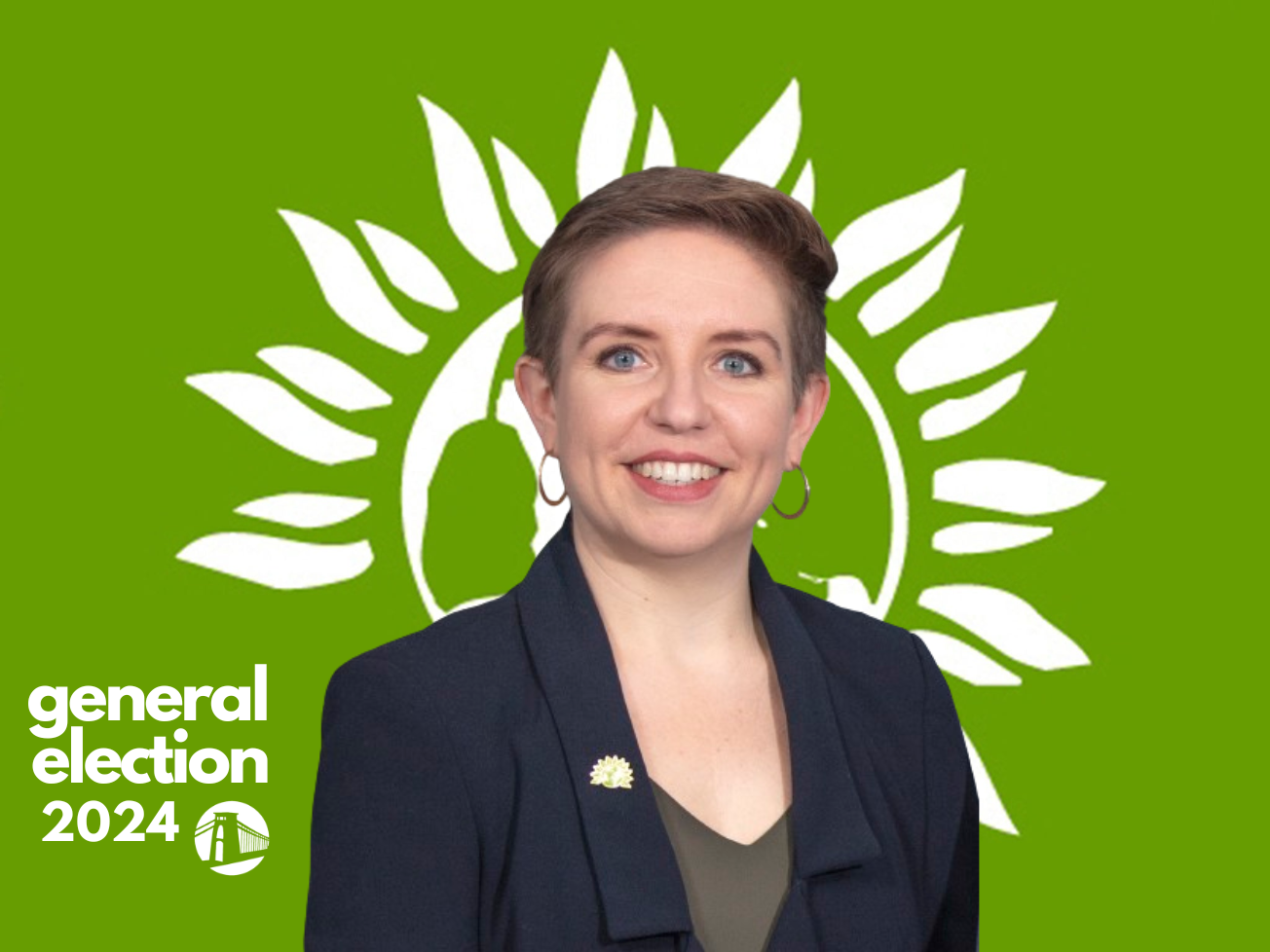By Mateo Cruz, Third Year Film and English
According to the Higher Education Statistics Agency, of the students who graduated from UK universities in 2021, 39.4 per cent of White graduates attained a first class degree, whereas only 20 per cent of Black graduates achieved the same. Black students were also twice as likely to achieve a lower second, third or pass than mixed-race students.
What these statistics reveal is that if you are a minority ethnic student—and particularly if you are Black—you are more likely to attain a lower degree classification than a White British student. This difference in educational outcomes is standardly referred to as the BAME attainment gap.
Regarding the #ClosingTheGap report, undertaken in collaboration with Universities UK (UUK) in 2019, Baroness Valerie Amos asked: ‘Why is this happening? In Britain, we are proud to have some of the best universities in the world attracting global talent, yet the data in this report shows that even when BAME students overcome the hurdles that prevent them getting to university in the first place, they do not have an equal chance at succeeding. We are not operating a level playing field’.
🔍 UK universities are working with students to end the BAME attainment gap
— Universities UK (@UniversitiesUK) February 16, 2020
UUK and @nusuk have recommended steps for universities to follow to tackle the issue
📚 See Salma's story here 👉 https://t.co/4GdI7YdbTM pic.twitter.com/MkIGCulrL9
This is a sector-wide problem from which the University of Bristol also suffers, with a gap of 4 percentage points (pp) affecting BAME students. To fully ascertain the cause of the gap is a complex process, however the culture of an institution is an important contributory factor in relation to the attainment of students from BAME backgrounds, and has a strong association with students’ sense of belonging and community. Low numbers of BAME students and academic staff—along with university leadership teams that are not representative of the student body—have been identified as limiting an institution’s capability to address the attainment gap.
'The BAME attainment gap does not exist in isolation within higher education, but is part of the wider structural nature of racial inequality in the UK'
In 2019, 72 per cent of UK students were White: it is not uncommon for students to turn up to a lecture or seminar to find that they are the only person of colour present, an isolating experience that may potentially make them weary about speaking up. In 2021, 2,425 of 22,855 professors were from BAME backgrounds, and only 160 were Black. NUS found that when BAME students were asked why they were ‘less likely’ to be satisfied with their experience and less likely to get a first or upper second, respondents repeatedly cited feelings of isolation and a sense of not belonging.
The BAME attainment gap does not exist in isolation within higher education, but is part of the wider structural nature of racial inequality in the UK. Just one firmly embedded manifestation of this inequity is the colonial curriculums traditionally, and still frequently, taught in British universities, which have historically retained a Eurocentric view of history, and of knowledge systems in general. Recent research efforts to decolonise Western curriculums have highlighted the detrimental impact of ignoring the contributions of academics from other parts of the world, or from non-White members of their own communities. A university ‘community’ that fails to adequately scrutinise Britain’s historical role in their teaching, and doesn’t accurately depict the histories of minorities, may contribute to poorer engagement and progression onto postgraduate studies for fee-paying students.

The University of Bristol has not shied away from such proposed issues, setting up the Be More Empowered for Success programme to improve the experience of BAME students at the University, which employs student advocates to co-create the programme. The teams involved support School, Faculty and Service level initiatives to make the University more inclusive and engaging for students of colour. They also create activities to support a greater sense of belonging and positive student experience through initiatives that promote visible role models, social equality or wellbeing, and organise events for students throughout the academic year, in partnership with Schools, Faculties, the Global Lounge and Bristol SU.
The efficacy of this work is reflected in the University’s recent attainment gap statistics: it has more than halved in four years. In 2016/17 the gap was 9 percentage points (pp), and it was narrowed to 4pp by 2020/21. The national gap was more than double this. Nonetheless, a gap still exists.
To commemorate the first anniversary of our Be More Empowered for Success programme, we're proud to unveil photographic portraits celebrating some of our most influential BAME staff, students and alumni 📷
— University of Bristol (@BristolUni) October 22, 2020
Read more >> https://t.co/g5aE1FYVKg pic.twitter.com/yoIPprS36O
Further measures have been taken by Bristol in recent years: in 2019, Olivette Otele was appointed professor of the history of slavery, making her the first Black female history professor in the UK. The Guardian reported that as of this year, Bristol was also only one of two universities out of 128 that laid out in writing that decolonising the curriculum was a part of their core strategic plan. Their History department offers courses on slavery and migration in Great Britain in the 19th Century, as well as moving away from solely European history and providing units on the Aztecs and Incas, American Indians and global empires.
In order to stamp down on unconscious biases—the idea that, outside of their conscious awareness, people harbour prejudices against certain ethnic groups—the University provides a range of training for academic and professional services staff, including training on disrupting racism, race equality resources and addressing unconscious biases. Members of staff informed Epigram that these were well attended, although the suggestion was raised that such training needs to be made mandatory.
'The problem of representation needs to be tackled in order to create an environment where minority ethnic students are able to achieve the same as their White peers'
In addition, and perhaps more importantly, the University applies anonymous marking for credit-bearing assessments: for most assessments on taught courses, staff do not know who the author of a paper is so unconscious bias cannot play a role in marking.
Such a great time at the Insight Into Bristol summer school for BAME A Level students! Threw themselves into planning a #polar field project & came out with proposals I would srsly fund
— Jaz Millar (@JazzedUpScience) July 29, 2022
Hopefully these intros to uni in a relaxed and focused way will widen participation #scicomm pic.twitter.com/oSqDuQEpka
Where the University falls short, however, is in its representation. According to their website, they have developed an ‘institutional commitment’ to ‘improve the representation, progression, experience and success of our minority ethnic staff and students’, acknowledging that improvements need to be made in terms of enrolling more BAME students.
Zoe Pithers, Head of Student Inclusion at the University of Bristol, told Epigram that ‘the research we commissioned the Bristol Student Union to carry out in order to understand the attainment gap made it clear that students’ sense of belonging and their day-to-day experiences had a significant impact on how they are able to engage with and perform in their studies’.
The disproportionate educational impact of Covid-19 on BAME students
New BME programme launched in attempt to bridge attainment gap
The problem remains, though, that although the number of BAME students and staff has increased significantly in the past decade, Bristol remains a predominantly White University. As of 2019, 84.6 per cent of academic staff were White, and only 19.5% of Home undergraduate students were from BAME backgrounds as of 2020.
While Bristol has made progress in narrowing the gap, the problem of representation needs to be tackled in order to create an environment where minority ethnic students are able to achieve the same as their White peers.
Featured Image: Epigram / Cameron Scheijde
Is the University of Bristol doing enough to bridge the BAME attainment gap?








